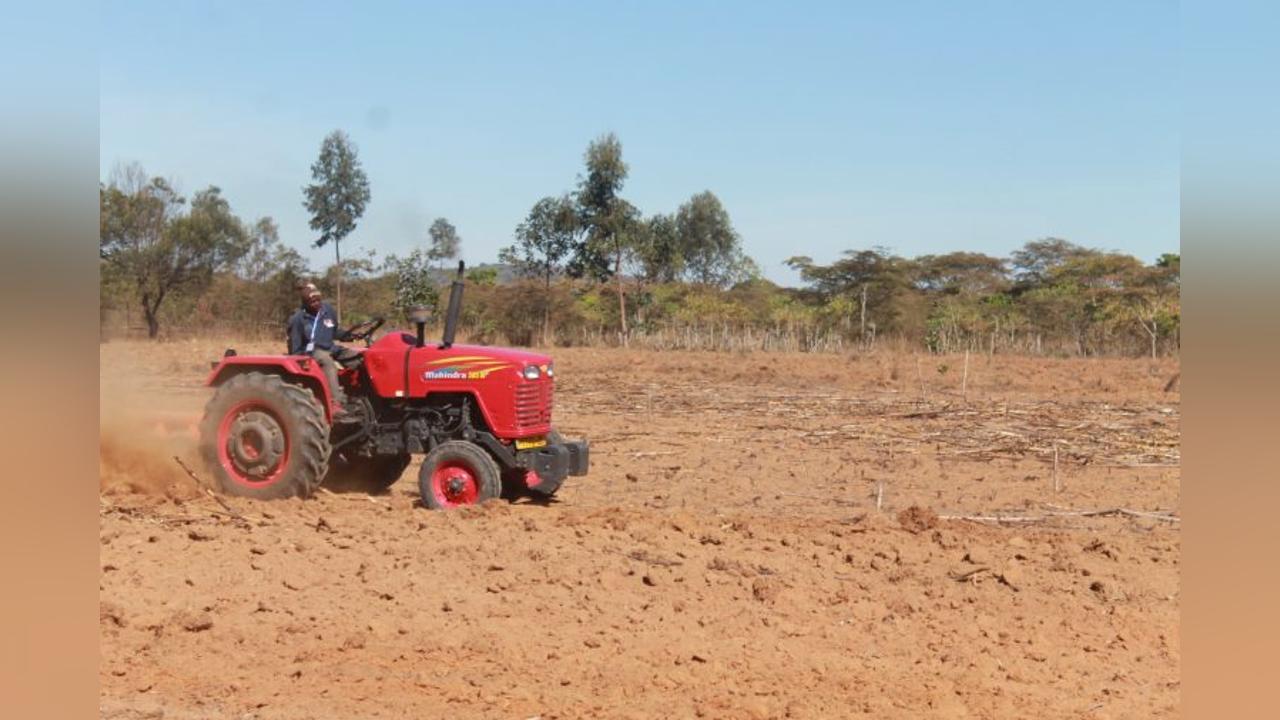Africa-Press – Botswana. While venture capital investments in Africa have slowed, a new and strategic source of funding is quietly emerging from the East. Japanese technology startups and their corporate backers are increasingly targeting the continent’s most critical infrastructure gaps, channeling capital and advanced AI into sectors like agriculture and health—areas most affected by climate change.
The most significant sign of this trend comes from Degas Limited, a global agri-fintech player, which has committed $100 million over the next four years to transform Ghana into Africa’s first AI-powered agricultural hub. Announced at the Tokyo International Conference on African Development (TICAD 9), the deal isn’t just about providing funds; it involves deploying a high-tech approach using satellite imagery, precision agronomy, and AI-driven financing to tackle food security challenges on the continent.
This initiative is part of a broader pattern in which Japanese innovators, often equipped with cutting-edge hardware and advanced AI capabilities, are targeting niche markets others have overlooked. They are positioning themselves as key partners in building a more resilient Africa.
The $100M AI Harvest
At the heart of this Japanese push is Degas. The company is scaling up a model that has already yielded impressive results in Ghana, where it has financed 86,000 smallholder farmers across 122,000 acres. By using AI-powered satellite monitoring, Degas provides farmers with real-time agronomic advice and financial services. This combination has led to a doubling of farmer incomes and a remarkable 95% loan repayment rate.
“Ghana has demonstrated that when technology aligns with a national vision, smallholder farmers can flourish,” said Doga Makiura, CEO and founder of Degas. “Many Japanese partners now view Ghana’s integrated approach as the gold standard for agricultural investment in Africa.”
Degas’s $100 million investment will expand:
AI-supported farmer financing: Increasing credit access for smallholder farmers.
Satellite-enabled crop monitoring: Using real-time data to support smarter farming decisions.
Precision agronomy services: Enhancing soil health and optimizing crop yields.
Supply chain integration: Linking farmers to markets, logistics, and storage.
The investment is backed by Japanese industrial giants. Sojitz Corporation, a major trading house, has not only invested in Degas but is also working on a specialized generative AI model for satellite image analysis. This “geospatial foundation model” will use GPU cloud services from Japan’s Sakura internet, forming a robust, multi-layered technology partnership aimed at forecasting weather, natural disasters, and crop yields.
Drones, Disease, and a Japanese Footprint
Degas is not alone in this growing trend. The surge of Japanese-led, Africa-focused climate and health technology is picking up speed.
In May, Tokyo-based SORA Technology raised $4.8 million in a late seed round to expand its drone and AI-powered health infrastructure across Africa. Operating in six African countries, including Ghana and Kenya, SORA uses drones for malaria vector control by spraying targeted areas to reduce mosquito populations. It also employs AI-driven forecasting to predict disease outbreaks tied to climate patterns.
Backed by Japanese VCs like Nissay Capital and SMBC Venture Capital, SORA plans to scale its operations to 15 African countries. The company’s model lies at the intersection of climate adaptation and public health, building resilient infrastructure in regions vulnerable to both infectious diseases and environmental disruptions.
This approach of using advanced hardware to address logistical and health challenges has already been proven across the continent. While American-owned, Zipline has become a cornerstone of Africa’s health supply chain, performing over a million commercial deliveries in countries such as Ghana, Rwanda, and Nigeria. Its success has been supported by Japanese partners, including a key distribution partnership with Toyota Tsusho, further reinforcing the significant role of Japanese capital and logistics in Africa’s tech-driven infrastructure development.
For More News And Analysis About Botswana Follow Africa-Press






